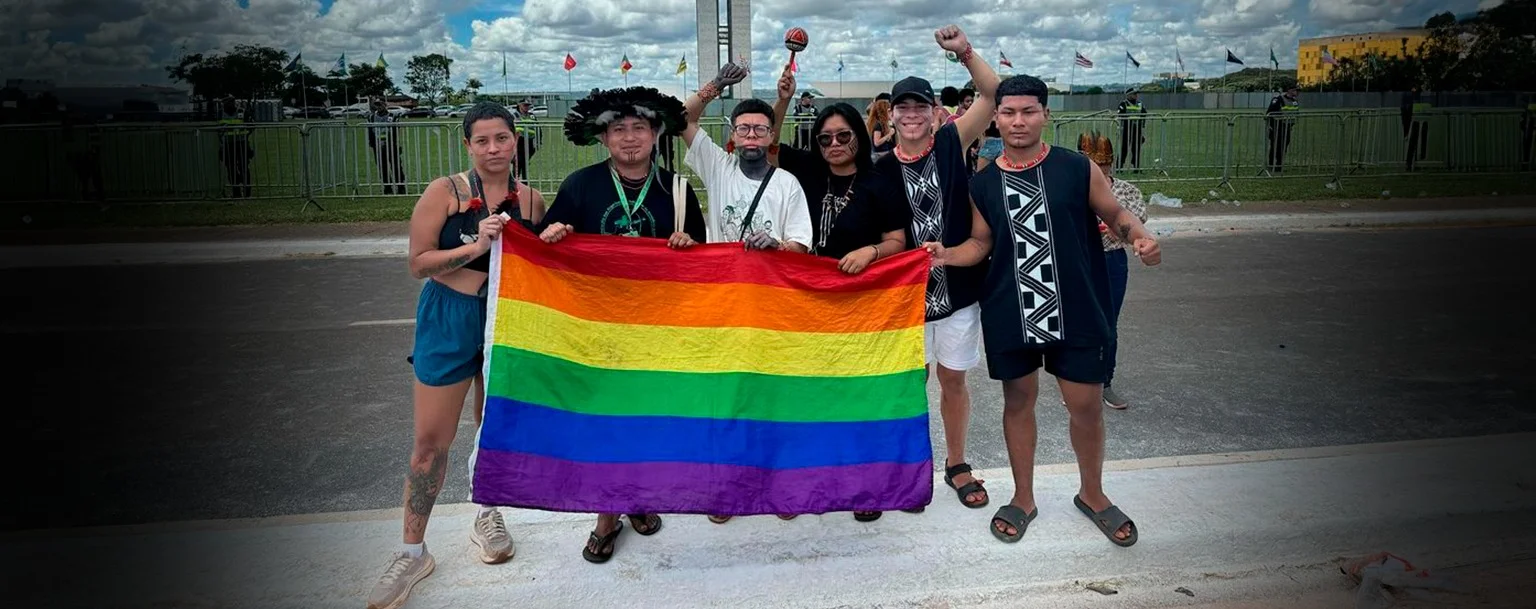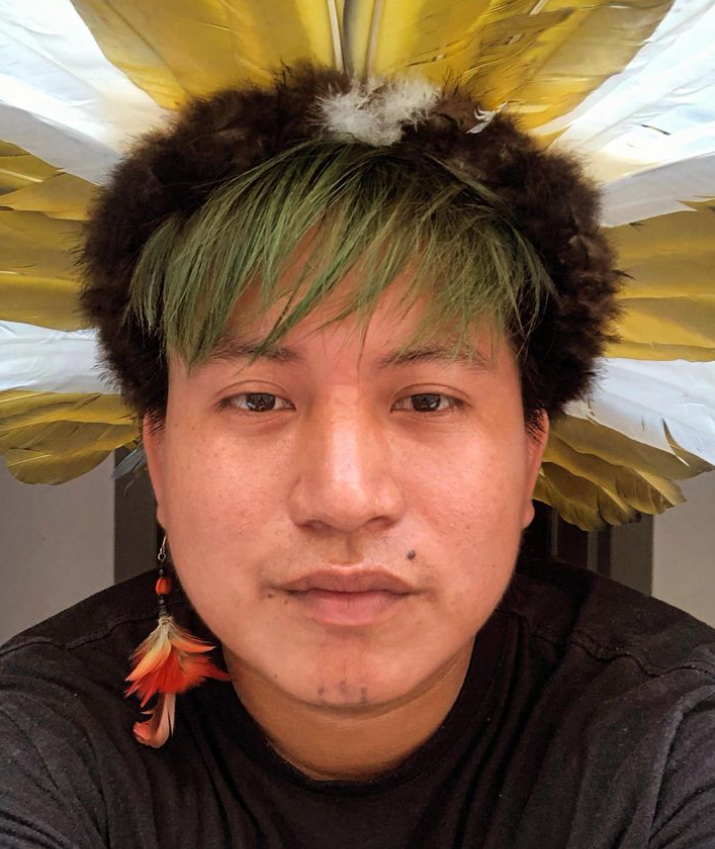‘Miriã Mahsã’: collective group from Amazonas debates the sexuality and LGBTQIAPN+ identity of indigenous people
09 de July de 2024

Carol Veras – From Cenarium
MANAUS (AM) – Sexuality and questions about gender identity are issues that have only recently begun to be discussed among indigenous people, analyzes Pedro Tukano, coordinator of Miriã Mahsã, a collective group that organizes workshops and conversation circles aimed at this audience. On this International Day Against LGBTphobia, CENARIUM spoke to the activist about representation within his own community.
The collective emerged with the support of the Bahserikowi Indigenous Medicine Center. At a national level, there are several groups that represent this community, such as the Tybyra collective, a pioneer in Brazil involving indigenous people from the LGBTQIAPN+ community, an acronym that covers people who are Lesbian, Gay, Bi, Trans, Queer/Questioning, Intersex, Asexual/Aromantic/Genderqueer, Pan/Poly, Non-binary and more.
In Amazonas, Miriã Mahsã seeks to work on these issues, but it’s not the only topic debated. “Although we call ourselves an indigenous LGBT collective, our agendas are not limited to issues of sexuality, but also to other issues that permeate us as indigenous people”, says the coordinator of the collective, which is made up of artists from different ethnic groups who express the indigenous struggle for representation in art, politics and even academia.

The collective questions the constructions of gender and sexuality defined by contemporary society. “These denominations or the construction of dialog and gender and sexuality are very colonial”, says the indigenous man about the construction of identity in Brazil. “At some point, this construction doesn’t make sense to indigenous people, who don’t perform heteronormativity”.
Tukano comments that there is a lack of indigenous representation within the LGBTQIAPN+ community in Amazonas. For this reason, the collective aims to create its own space in the construction of cultural production by indigenous people for indigenous people. For the collective’s coordinator, indigenous peoples “are not included in community events in the state”, due to the “centralization of whiteness”.

“LGBTQIAPN people are people who are trying to survive in a society that unfortunately has this Christian colonial heritage. When we try to fight homophobia, we start fighting various other intolerances. I say that when we talk about this, we are going against a colonization that has already been implemented and fixed based on this Christian vision that has demonized not only issues of gender and sexuality, but also indigenous culture, our language and our beliefs”, says the activist.
Finally, Pedro Tukano notes that LGBTQIAPN+ indigenous people will continue to fight against the colonization of bodies and seek to occupy more spaces. “We are a living act against this existing colonization and we have come to send a message that we are against this construction. Our cosmologies are not limited to the Christian doctrine that generates violence against indigenous and LGBT bodies”, she concludes.
LGBTQIAPN+ at ATL
These issues were on the agenda at the 18th Terra Livre 2022 Camp (ATL), where the first indigenous LGBTQIAPN+ plenary took place. Erisvan Guajajara, a gay man, journalist and one of the founders of the Mídia Indígena collective, led the panel that included representatives of indigenous LGBTQIAPN+ collectives from all over Brazil.

In his speech, he proclaimed: “Remove your prejudice from my path, because I will pass with my headdress”, he asked.
There are still no surveys on indigenous sexuality, but according to the first results of the 2022 Census, carried out by the Brazilian Institute of Geography and Statistics (IBGE), there is a diversity of 305 ethnic groups recognized in Brazilian territory, each with its own cultural identity.
Read also: Deborah Pataxó: meet an indigenous influencer who talks about neuroatypicality


